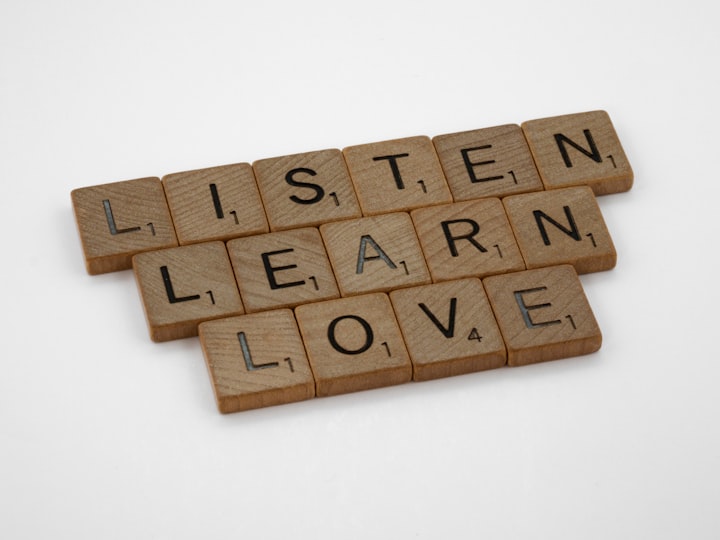RELATIONSHIPS
The Threat of Abusive Relationships: How to Recognize and Respond

There’s an outdated and dangerous notion that abusive relationships aren’t all that common, or worse, that these relationships are okay. This myth is far from the truth. In reality, abusive relationships are more commonplace than many of us would like to believe and they can have severe consequences on the people involved. What’s more, it can be difficult even for those in such a partnership to identify an abusive relationship.
The first step in recognizing an abusive relationship is to understand the many forms it can take. Emotional abuse can be rooted in criticism and manipulation, and physical abuse can be anything from punching to sexual assault. Even financial abuse is real and can be seen in cases where the abuser controls and tracks their partner’s finances or hinders them from getting and keeping employment.
The next thing to recognize that abusers rely heavily on their victims’ lack of knowledge around abusive relationships. Abusers are often abusive in diverse and subtle ways, leading their victims to believe that this is simply the way things have to be. For instance, this might manifest in overly protective behavior, where the abuser says that they’re trying to “protect” their partner, when in reality, they’re controlling the person. The idea that they’re “in charge” of their partner is toxic and sets up an unequal power structure.
Furthermore, abusers will often glorify or normalize their behavior, which can be convincing for people in such a relationship. It’s not uncommon for victims to second guess themselves and their knowledge of what is and isn’t okay. This is particularly true during the early stages of an abusive relationship, when it can be difficult to know the tell-tale signs.
Fortunately, there’s plenty of help and support available for those involved in an abusive relationship. One way to get help is by reaching out to a friend or family member and expressing concerns. It’s also recommended to talk to a professional counselor or therapist who specializes in the dynamics of abusive relationships.
At the same time, it’s important to focus on self-care, both for the person who’s been targeted and those who support them. Making time for hobbies and interests or engaging in activities that make you feel relaxed and happy can be an important part of the healing process. It’s also essential to surround oneself with support, such as friends, family members, and professionals. Having people who understand the situation and can provide helpful guidance can make a big difference.
No matter the form it takes or the circumstances that led to it, abusive relationships are wrong and should not be tolerated. It’s critical to educate yourself on the warning signs of such partnerships and to remember that they’re far more common than many of us think. Equally essential is understanding that no one should ever have to stay in an abusive relationship, regardless of their feelings. Instead, the best way to cope is to seek help, focus on self-care, and create a safe environment that will allow individuals to heal and find stability and emotional security.
Seek Professional Help
It is normal to feel scared and overwhelmed after leaving an abusive relationship. It is important to seek professional help, such as a therapist, to talk about your feelings and work through your experiences.
Getting out of an abusive relationship can be a difficult and frightening experience, but with the help of friends, family, and professionals, it can be done. It is important to recognize when a relationship is abusive and to act quickly and safely to end it. By following these tips on how to get out of an abusive relationship quickly and safely, you can have the best chance of living a life free from fear and harm.





Comments
There are no comments for this story
Be the first to respond and start the conversation.